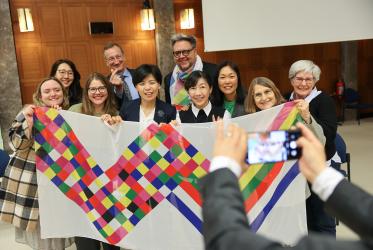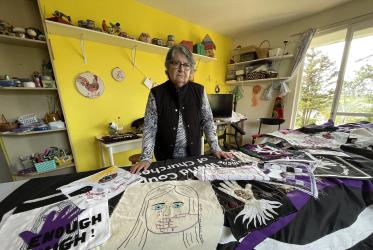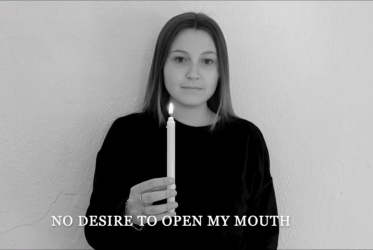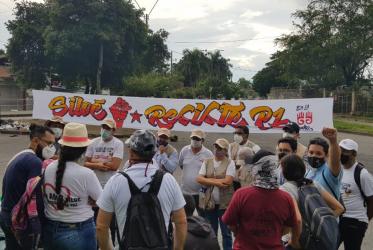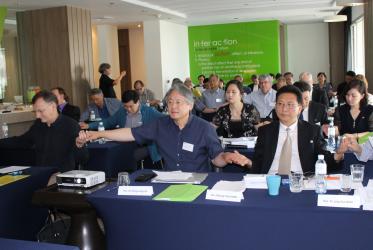Displaying 1 - 20 of 25
17 April 2024
Migrants in Argentina find listening ears and open hearts
04 November 2022
Unity is key when health crisis poses new challenges in Asia
28 February 2022
Women in Argentina walk in solidarity with women of Afghanistan
23 September 2021
Peace and unity on the Korean Peninsula matters globally
25 February 2021






